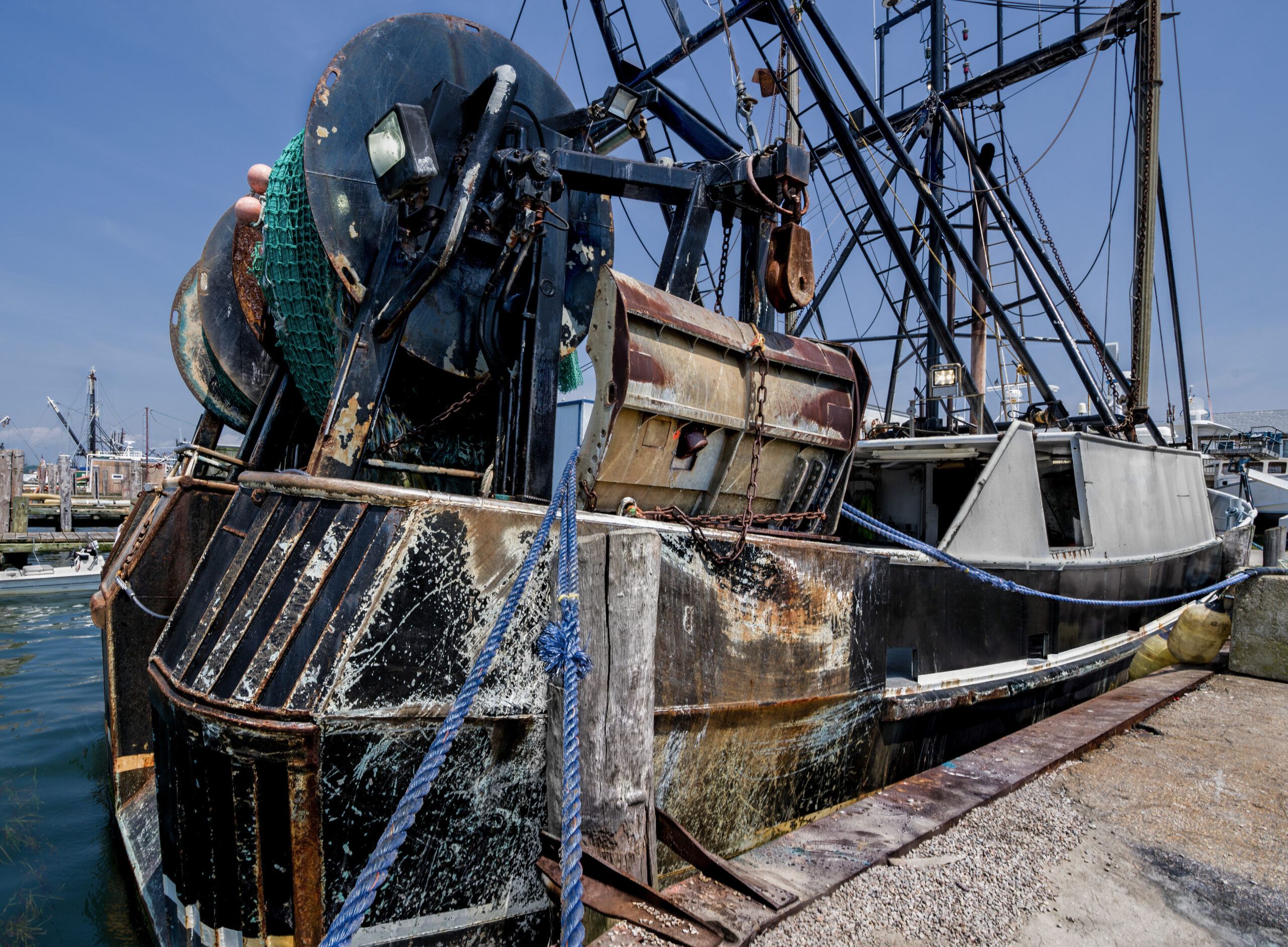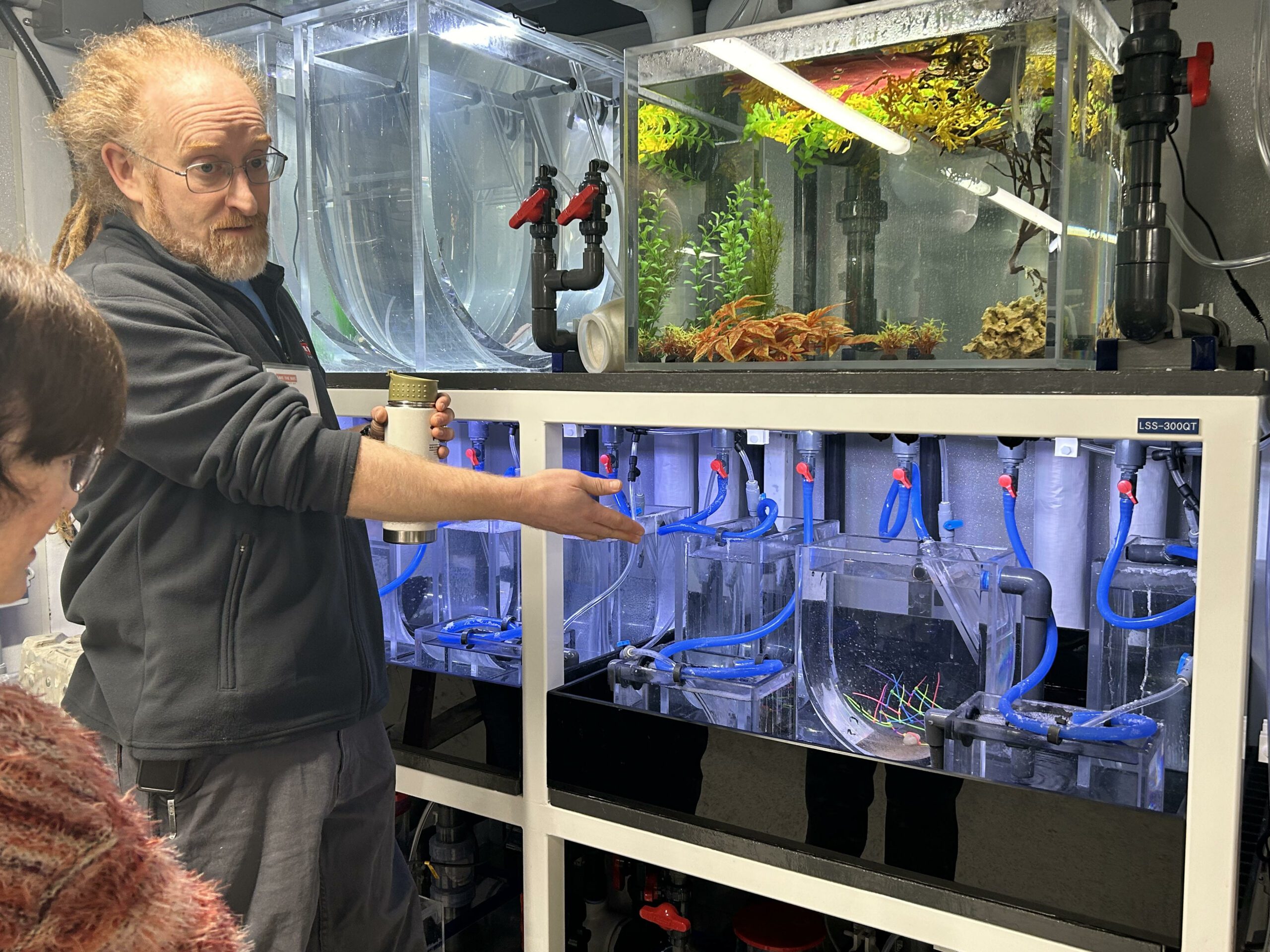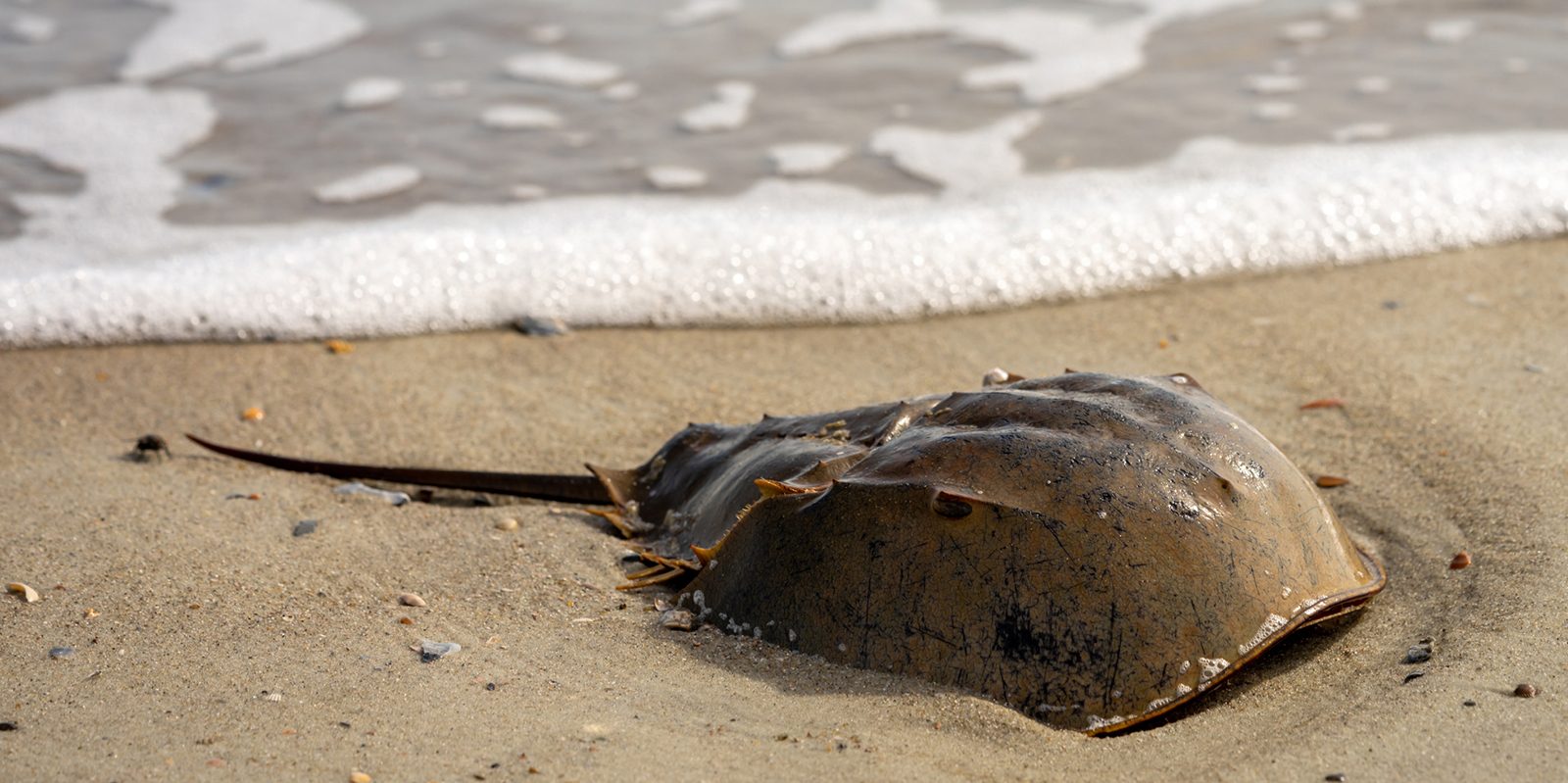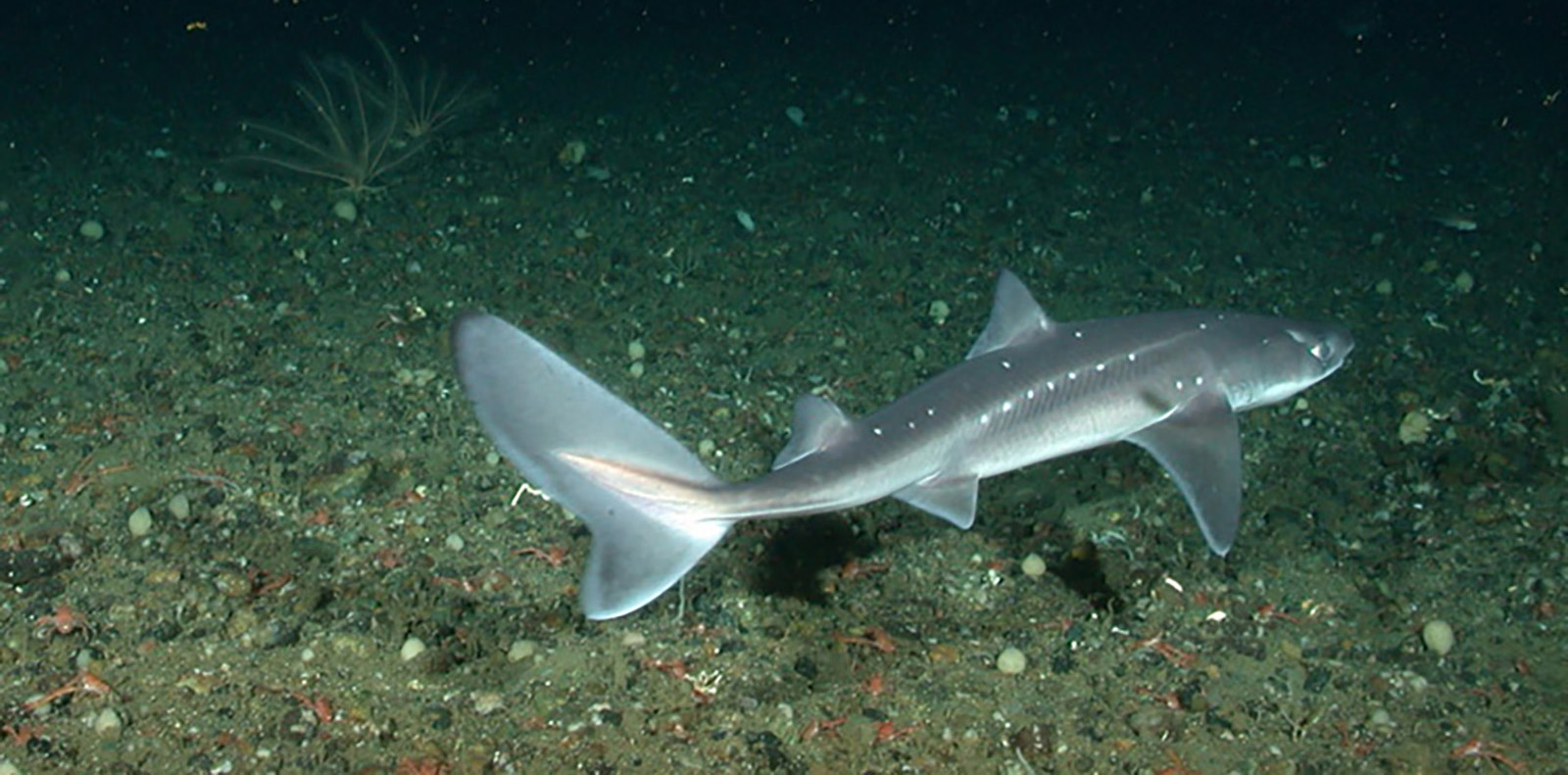Vessel Speed Restrictions Proposed for New England Waters to Protect Endangered Right Whales
Under the proposed restrictions, the Block Island ferry could take longer than 90 minutes and make fewer trips per day
September 22, 2022
NARRAGANSETT, R.I. – Ferries and charter boats could move a lot slower in Rhode Island during the off-season if federal regulators accept new nautical speed limits to protect an endangered species of whale.
Officials with the National Oceanic and Atmospheric Administration have proposed restricting existing nautical speed limits to 10 knots per hour for all vessels greater than 35 feet in length. If approved, the new rule would go into effect between Nov. 1 and May 30 and apply to all vessels sailing along the Atlantic seaboard from Massachusetts to North Carolina – including all of Rhode Island Sound and Block Island Sound.
The rule is intended to curb the amount of vessel strikes on the Atlantic’s already limited right whale population, which is close to extinction. NOAA estimates at least four right whales have died from colliding with marine vessels since 2017.
“The biggest impact to charter boats is the loss of fishing time for our clients,” said Capt. Rick Bellavance, president of the Rhode Island Party and Charter Boat Association. “If we’re driving 10 miles an hour instead of 15, that’s 5 miles of travel every hour. It could be a half hour or an hour each day of less fishing and more driving.”
The off season isn’t quite as off it used to be. Bellavance says more and more customers charter boats to fish for tautog, also known as blackfish, which has had a resurgence thanks to careful conservation by the Rhode Island Department of Environmental Management (DEM), and is almost an attraction for the state in November and December.
Daily ferry service to Block Island could also be curtailed under the new rules. Currently the Block Island Ferry runs eight hour-long trips from the Port of Galilee to the island and back every weekday, with the average vessel speed clocking 16 knots per hour. Under the new restrictions, the daily ferry ride could take upwards of 90 minutes per one-way trip, with a reduced number of trips per day.
Block Island Ferry declined to comment for this article.
Protecting the right whales
Considered by NOAA to be “one of the world’s most endangered large whale species,” North Atlantic Right Whales feed in coastal waters ranging from New England to Newfoundland from spring to autumn. They then migrate to calving grounds off the southern United States, near the Carolinas, Georgia and Florida.
As of 2021 it is estimated there are only 350 right whales left worldwide. Once a plentiful species throughout the Atlantic, their populations were culled over the centuries due to aggressive whale hunters in the Northeast, who called them “right whales” because they were easily killed and their corpses floated to the surface.
Now right whales are protected under federal law and the Endangered Species Act, but the population has struggled to bounce back, with only an estimated 42 calves being born since 2017. Overall the right whale population has significantly declined since 2010, and 54 right whales have died or been seriously injured since 2017.

The real threat to right whales is no longer crusty old New England fishermen. According to federal officials, the real threat comes from entanglement in commercial fishing nets and vessel collisions. NOAA estimates over 85% of all right whales have been entangled in fishing nets at least once. The agency also estimates at least four whales have died because of vessel collisions since 2017 — and that number may be higher. NOAA estimates two-thirds of whale deaths go unreported.
“Collisions with vessels continue to impede North Atlantic right whale recovery. [Vessel speed limits are] necessary to stabilize the ongoing right whale population decline, in combination with other efforts to address right whale entanglement and vessel strikes in the U.S. and Canada,” said Janet Coit, assistant administrator for NOAA Fisheries.
Speed limits to curb collisions and protect right whales have existed since 2008, but the restrictions limited them to narrow geographic areas – for Rhode Island it only applied in waters south of Block Island, not affecting most marine traffic going in and out of Narragansett Bay – and ships greater than 65 feet in size.
A risk analysis performed by NOAA suggested expanding vessel speed restrictions in the areas of highest risks could reduce right whale mortalities from vessel strikes by 27.5 percent.
The economic impact would also be minimal, according to NOAA. The agency’s economic impact report estimated the direct costs and impacts on transit times would cost the economy $28.3 million to $39.4 million annually, with much of that amount borne by the commercial shipping industry.
DEM, which owns and maintains the Port of Galilee, estimated the impact on commercial fishing vessels operating out of the port would be minimal. “Vessels in that size range aren’t traveling much faster than 10 knots anyway, even when transiting,” said DEM spokesman Mike Healey.
Not all agree. Bellavance thinks it will hurt the charter boat owners, who need the most business.
“There’s a smaller group of folks who do this to provide for their families, that’s their job,” said Bellavance. “Those are the ones that are impacted when you start to mess with the winter season, cause they’re still trying to go fishing year-round.”
NOAA is accepting public comment on the proposed rule until the end of October.




This is so sad, the windmill developers are allowed more whale impacts and kills than the entire northeast lobster fleet. That’s what happens when big wind gives money to the environmental groups protecting the whales. Again just another slight of hand by big foreign corporate entities.